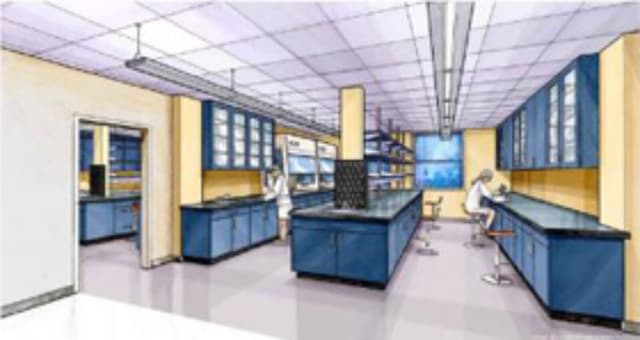NYU to Upgrade Structural DNA Nanotech Facility with $1.6 Million NSF grant

(Originally published by New York University)
October 15, 2010
New York University has received a $1.6 million National Science Foundation grant to upgrade its Structural DNA Nanotechnology facility. Structural DNA nanotechnology uses synthetic DNA molecules to create new materials a billionth of a meter in size.

NYU's Structural DNA Nanotechnology facility is directed by Nadrian Seeman, the Margaret and Herman Sokol Professor of Chemistry at NYU. Seeman founded and developed the field, which is now pursued by laboratories across the globe, more than a quarter century ago.
In June, Seeman was awarded the 2010 Kavli Prize in Nanoscience in recognition of his pioneering work in this area. The Kavli Prize, given every two years for "outstanding research and seminal advances" in astrophysics, nanoscience, and neuroscience, includes a cash award of $1 million to each recipient. The Kavli Prize is a partnership of the Norwegian Academy of Science and Letters, the Kavli Foundation, and the Norwegian Ministry of Education and Research.
Under the NSF grant, the Structural DNA Nanotechnology facility will undergo an extensive renovation that will substantially improve its physical layout and bolster its cyberinfrastructure, allowing NYU researchers to maximize electronic data collection and analysis.
"As the founding site of structural DNA nanotechnology, the facility has become a nexus for innovation and for the training visitors from around the globe, ranging from graduate students to faculty," said Michael Ward, chair of NYU's Department of Chemistry. "Upgrading the site will bolster NYU's competitive edge in the field by significantly enhancing its experimental capacity and creating a state-of-the-art laboratory setting."
The facility also trains at least three undergraduate and high school students on an annual basis. Many of these students have won awards based on their work. In recent years, these have included an Intel Foundation Young Scientist Award winner and three Intel Science Talent Search semi-finalists.